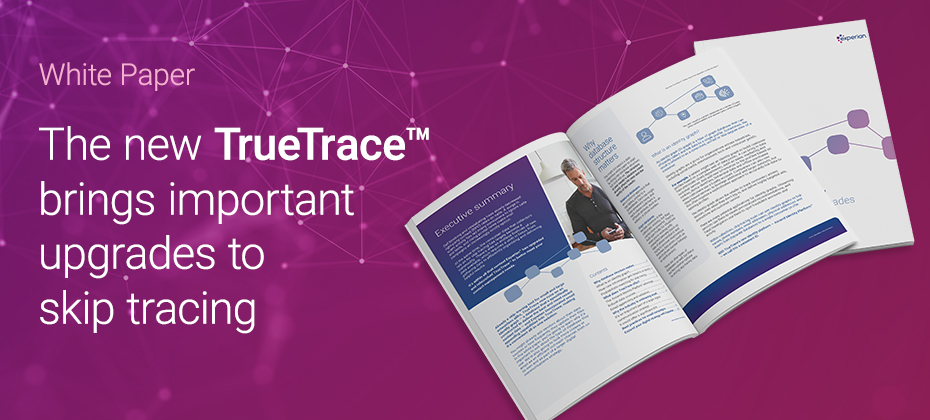
The collections landscape is changing due to shifting consumer behaviors, demands, regulations and an economy that’s in a constant state of flux. As the market evolves, the need for greater insight and analysis grows.
Matthew Baltzer, Experian’s Senior Director of Product Marketing, discusses challenges facing the collections industry and how you can continue to build a profitable portfolio. For more information on enhancing your collections strategy, view our full Q&A video.
Q: Which macroeconomic trends should debt collectors be the most aware of and why?
A:While we are still seeing a reasonably healthy consumer, there are trends to monitor. The first would be employment, which continues to be strong. Laid-off individuals are typically able to move back into the labor force. Second, we’re seeing strong consumer spending, with rates higher than in the past three years and high origination activity. A third is declining savings rates. During the pandemic, consumers stored away extra cash, which has since come to a halt. Part of that is likely due to inflation, but it could also point to signs of financial strain.
Q: How could these trends impact debt collections strategies moving forward?
A: At a portfolio level, they’re good news. The average consumer’s ability to pay has yet to degrade significantly. So, collectors should be able to continue collecting payments. However, six months from now, the impact of inflation and interest rates could take a toll, and settlement offers, or higher upfront payments, may be important tools to consider. Due to increasing interest rates, many households will send money to creditors, leaving less for everyday spending.
Q: How has the average consumer been affected by inflation?
A: As I mentioned, both consumer spending and overall debt are up. However, when it comes to spending, certain ‘categories’ are more impacted by inflation than others. Of course, home equity and mortgages are higher, which while important, is less impactful for debt collectors. In our recent webinar, ‘Economic Outlook and the Influence on Debt Collections,’ we highlighted the uneven impact inflation has on lower earners in categories such as rent, food and energy. Due to this, collectors may see a rise in delinquency rates, particularly in unsecured personal loans and potentially automotive loans.
Q: How should consumers’ response to inflation impact collections efforts?
A: There may be an increase in opportunities in certain trades, such as utilities, automotive and unsecured personal loans. Are you positioned as an organization to target and serve those markets? For those in the industry, the real potential for an economic weakness should present an opportunity to evaluate your collection strategy. How will you adapt to a 20 to 30% increase in volume? What about working accounts with smaller balances, which we’ve seen more of since the last larger recession? Experian offers software and decisioning solutions that help debt collectors optimize their strategies for an improved return on investment.
Q: What consumer specific data can help lenders better predict distressed consumers?
A: As an originator, the first approach to consider should be leveraging new types of data that were not available during the last recession, such as trended, third-party and alternative credit data. Supplementary data can provide leading indicators that risk is increasing before a consumer goes delinquent and their accounts are past due. Additionally, advanced analytics scoring models can help you determine which accounts are more likely to be recoverable. Experian has a new scoring model that uses a complex blend of attributes to assess each trade’s history and position in wallet to better predict the likelihood of that account self-curing and separate accounts that need the most attention from those that may need more time. Finally, with accurate consumer contact data, you can enhance your digital engagement strategy and reach the right person, at the right time, on the channel they prefer
There’s no time like the present to equip yourself with a successful debt management strategy. With a more holistic consumer view, you can improve account prioritization, predictability and right-party contact rates. Learn more about our debt management solutions here.


